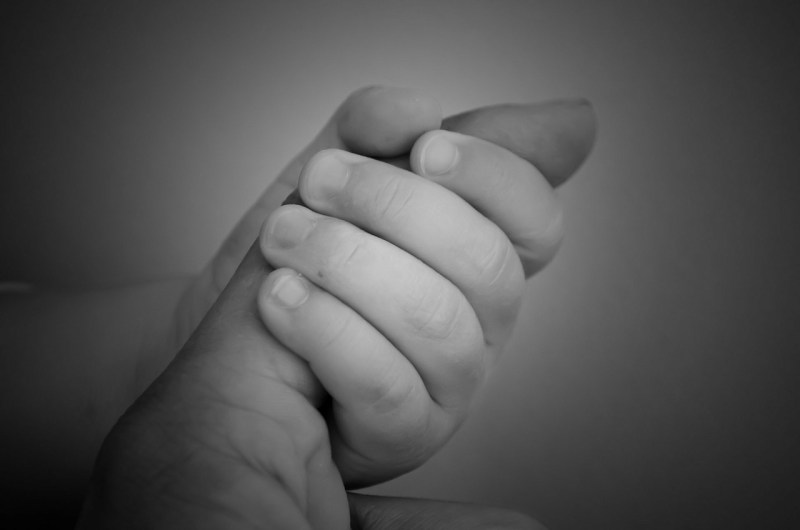After being married to my mother for barely six weeks, my father emigrated to the United States from Ghana to start building a new life for his family. My mother moved to my father’s family’s house, as was the tradition. When it became clear that my mother was not pregnant after six weeks of marriage, she became the subject of ridicule in the house. She was given the worst work and constantly insulted. She was a childless married woman. This was a problem. It was enough of a problem that my father made frequent cross-Atlantic conjugal visits. After almost a year, they finally conceived. And I was born. This was a bigger problem. The first born child is supposed to be male. If all the children turn out to be male, that’s not really an issue. If there are female children born after the first male child, it’s not a huge deal either. However, having a firstborn girl child is not okay. And my father’s family made sure my mother knew it.
She was punished for caring about me. My mother took very good care of my hair as baby. Then an aunt shaved it off because it wouldn’t do for me to become vain or think I was important, and besides, my mother could be doing more important things instead of taking care of my hair. The nice clothes which my mother bought me were stolen, because it wasn’t okay for me to have them. I’d grow up thinking I deserved nice things or was entitled to them. Instead, they were given to various other aunts’ children, those who had given birth to boys. My mother was taunted for caring so much about a worthless girl child instead of trying to conceive again as soon as possible and try for a boy.
Five years after I was born, she gave birth to her second child. This child was male. His birth was celebrated, and everybody congratulated my mother. The next child, also a boy, was celebrated. The fourth child, also a boy, was celebrated. The fifth child was a girl. Her birth was celebrated too, and so was the sixth child, also a girl. My mother had proven her worth by bearing multiple sons; she had grown in status and age and money and she lived in her own house. She could have as many girl children as she pleased now. Nobody would insult her for taking care of her daughters, so long as she didn’t take better care of them than she did her sons.
And now we live in our little American bubble where my family gets more westernized by the day, my siblings are allowed to watch TV and be on the Internet, and my seven-year-old sister isn’t told to sit in the kitchen and watch mother cook so that she can learn what it is to be a woman like I was. I’m still pretty bitter, though, that I had to wash dishes daily for five years because boys didn’t have to learn to navigate the kitchen. I’m also rather upset that it was only when I was about to leave home that my brothers became responsible for chores of their own. I’m angry at how different my life is because of my sex and gender. That because I was born with a vagina and not a penis, I wasn’t allowed to run around outside after the age of six, wasn’t allowed to play sports, couldn’t go to after-school summer camps, wasn’t allowed in any after-school programs, had strict rules as to what I was allowed to wear, and couldn’t even go to all-female sleepovers. But really, I just care about the fact that despite whatever else I accomplish, whether I cure cancer or solve world hunger or win both a Pulitzer Prize and a Nobel, my relatives will still sit in a room and talk about how I walk like a man and talk like a man and won’t get married and have children the way women are supposed to and how that is just a fundamental defect of my character and cluck about my poor mother who’s been cursed with a firstborn girl child who won’t even act like a girl.
Contact Dabiyyah Agbere at bagbere ‘at’ stanford.edu.
